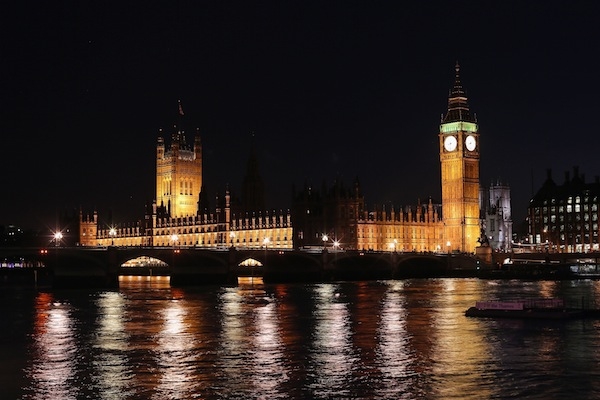It was entirely predictable that any MP who opposes a pay rise or wants to show how in touch they are with the public would seize the opportunity to say so today. Nick Clegg said he wouldn’t take the raise himself at his new monthly press conference this morning, followed by Vince Cable, who told Sky News that ‘I think everybody will understand the wider context and the attitude of the public, which I think will be very hostile if the political class decides to put its own interests first’. Former minister Tim Loughton, while suggesting he might withdraw his amendment to the Finance Bill calling for tax breaks for married couples, also said a raise would be ‘completely inappropriate’. Julian Lewis went one better than all of them and made a point of order in the House of Commons complaining about the way Ipsa recommends on pay.
The Prime Minister’s holding line is that the overall cost must not rise. He has told the press pack on his visit in Kazakhstan today that ‘whatever Ipsa recommends we can’t see the cost of politics or Westminster going up. We should see the cost of Westminster going down.’ That is interesting because it does leave the door open not just for some kind of vote in parliament blocking the pay rise, but also for wider reform of the reviled expenses system. Ipsa costs over £6 million a year and has been one of the rallying points for the Adam Afriyie camp as MPs try to fight the watchdog on claims. To support a pay rise while changing the source of a great deal of grief (Tom Harris’ Telegraph blog is particularly instructive on this) would be politically cute and the Prime Minister could still try to claim that he is reducing the cost of politics.

Interestingly, some of the MPs most upset about the current remuneration arrangements seem to be giving David Cameron the benefit of the doubt this morning. One told me that it was ‘understandable’ that he has taken the line he did. This could well be a sign of success in his love-bombing especially if the party leadership has also managed to defuse the row over Loughton’s amendment.
As for the justification for a pay rise itself, it’s worth examining how well MPs in other countries are paid. The main argument is that a better salary will attract a better type of politician, given the average pay cut that someone takes on entering Parliament. But the graph below shows that while UK MPs now rank below many other developed nations when it comes to pay, a higher salary does not appear to be a guarantee of a better political system. Italian MPs enjoy the highest salaries, and yet their country is by no means a model of transparency. Beppe Grillo used rising public anger at politicians in the country to the benefit of his own anti-politics movement earlier this year.

Meanwhile in the US, which comes in third for salaries in this league table, research has found that salary does not improve the quality of the politician serving the electorate. A paper by Mitchell Hoffman and Elizabeth Lyons, published in February, said:
‘Higher salary is associated with statistically significant, but economically small increases in electoral competitiveness, and may slightly increase political productivity and decrease shirking. Salary has no effect on measures of politician quality (e.g., politician schooling levels). We provide evidence that strong political parties may contribute to the small impact of salary; the effects of politician salary are higher in states where political parties are weaker, suggested that parties may serve as barriers to entry. increased wages may have adverse side effects; politician time-use data reveals that politicians in higher-wage states spend greater time fundraising. Taken together, our results lend caution to claims that increasing politician salary would increase the quality of government in the United States, and support the view that formal wages are not the main driver of incentives for politicians.’
Similarly, research on MEPs’ pay in 2012 found ‘a salary increase has no discernible impact on absenteeism or shirking from legislative sessions’. These papers, and the argument for a pay rise in general, tends to assume that MPs should always be from the best educational backgrounds possible, while others would argue that politics is improved by the presence of those who, like Alan Johnson, entered Parliament without a degree or higher qualifications from secondary school. Perhaps the problem with the quality of our politicians is as much about how appealing the job of an MP is (not very), regardless of high or low pay.







Comments